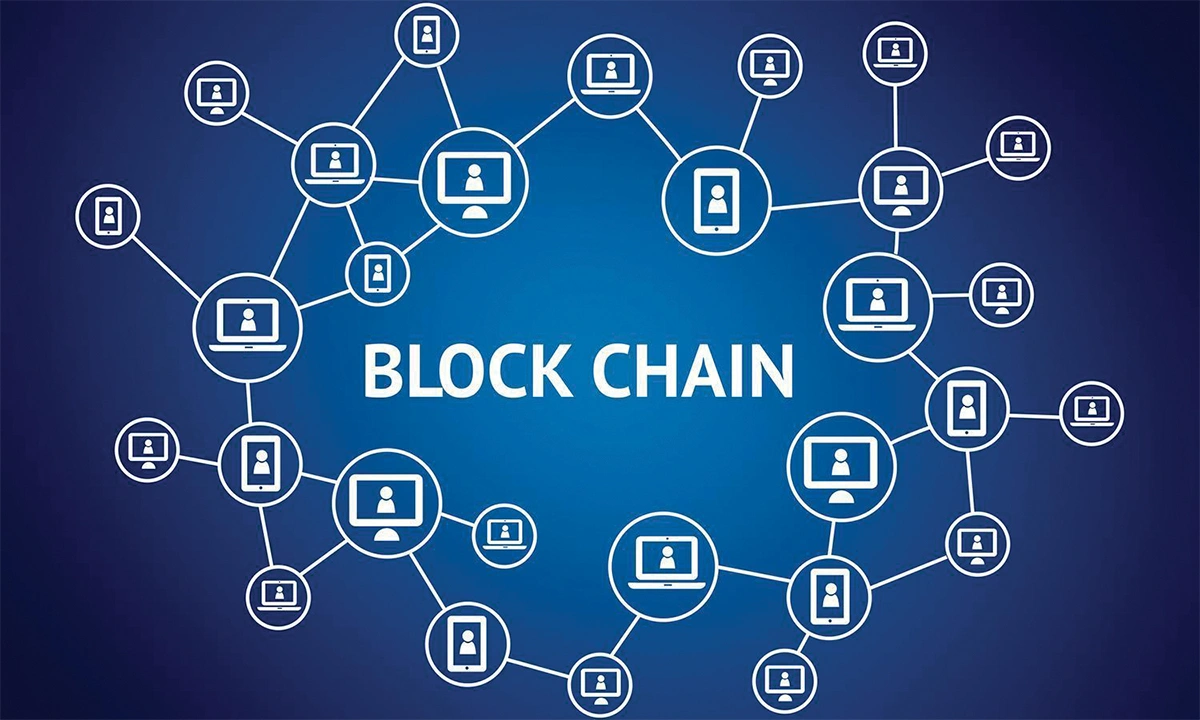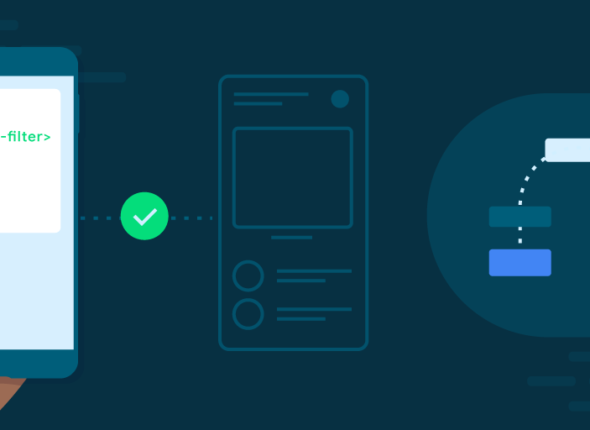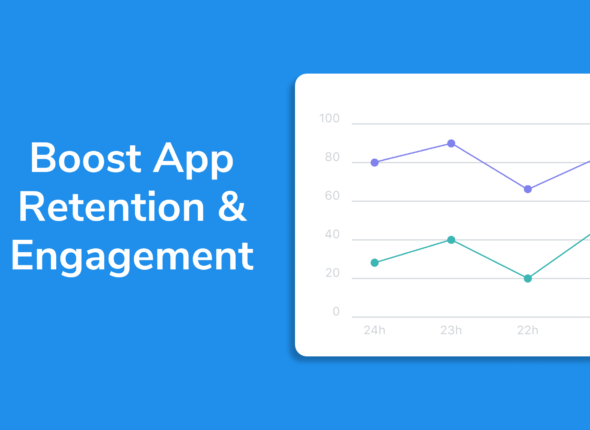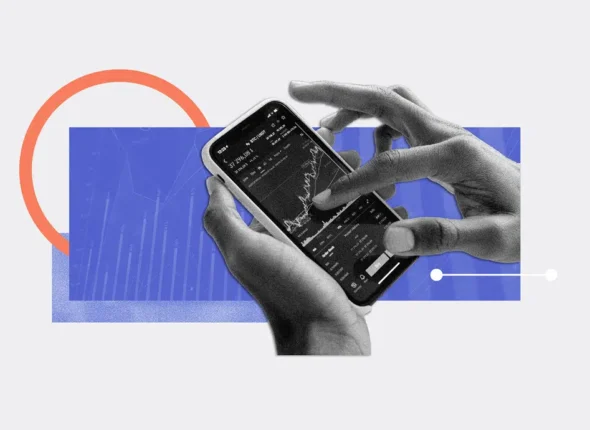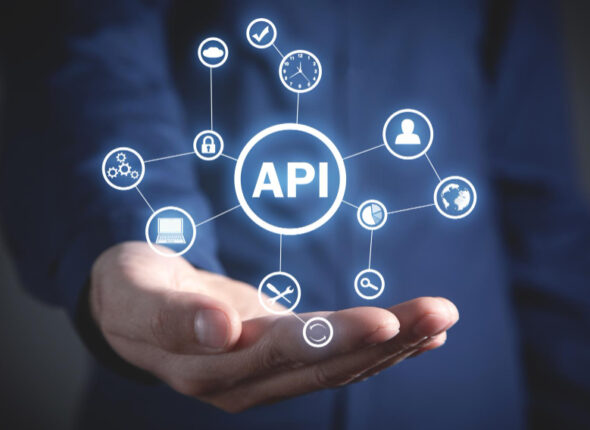In today’s digital age, mobile apps play a crucial role in our daily lives, from managing finances and healthcare to social media interactions and e-commerce transactions. With this increasing reliance on mobile apps comes the heightened risk of cyber threats such as data breaches, identity theft, and unauthorized access. Developers are constantly searching for innovative ways to enhance app security, and one of the most promising technologies in this regard is blockchain.
Blockchain, the technology that underpins cryptocurrencies like Bitcoin and Ethereum, offers a decentralized and tamper-proof way of storing and managing data. Its core principles of transparency, immutability, and decentralization make it a powerful tool for enhancing the security of mobile applications. In this blog, we’ll explore how blockchain technology can enhance app security, its benefits, and how it can be integrated into mobile app development.
What is Blockchain?
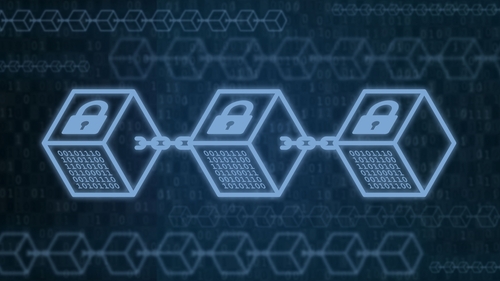
Blockchain is a distributed ledger technology that allows data to be recorded across multiple computers in a network in a secure, transparent, and immutable manner. Rather than relying on a single centralized entity, blockchain operates on a peer-to-peer (P2P) network where every participant (node) has access to the same information.
A blockchain is made up of “blocks,” each of which contains a set of transactions. Each block is cryptographically linked to the previous block, forming a secure and unchangeable chain of data. This decentralized nature, along with cryptographic hashing, ensures that data stored in the blockchain cannot be altered without detection, making it highly secure.
How Blockchain Enhances App Security
1. Decentralization: Eliminating Single Points of Failure
In traditional systems, data is stored on centralized servers, making them attractive targets for hackers. A successful attack on a central server could compromise millions of users’ data. Blockchain, on the other hand, is decentralized, meaning that no single entity controls the data. Instead, the information is distributed across a network of nodes, each of which holds a copy of the blockchain.
This decentralization makes it extremely difficult for attackers to compromise the system. For an attack to succeed, a hacker would need to gain control of more than 50% of the nodes in the network—an endeavor that is prohibitively expensive and technically challenging, especially in larger blockchains like Bitcoin or Ethereum.
By eliminating the single point of failure, blockchain significantly reduces the risk of attacks such as Distributed Denial of Service (DDoS) or server hijacking, enhancing the overall security of mobile applications.
2. Data Integrity and Immutability
One of the key features of blockchain is its immutability, meaning that once data is written to a blockchain, it cannot be changed or deleted. Every block in the chain is linked to the previous block via a cryptographic hash, ensuring that any attempt to alter data would be immediately flagged by the network.
This immutability guarantees the integrity of data stored in the blockchain. For mobile apps that handle sensitive information, such as financial records or personal identity data, blockchain ensures that this information remains tamper-proof. Any changes to the data require consensus from the majority of nodes in the network, making unauthorized modifications practically impossible.
For example, in an e-commerce app, using blockchain can ensure that transactional data, such as payments or order histories, remain accurate and cannot be altered by malicious actors. This prevents fraudulent transactions and increases user trust in the app.
3. Enhanced User Privacy
Blockchain technology can provide a higher level of privacy for mobile app users by leveraging cryptographic techniques and pseudonymity. Traditional apps typically require users to store personal information on centralized servers, which are often targets for data breaches. However, blockchain can enable decentralized identity management systems, where users can control their own data without relying on a central authority.
For example, blockchain-based apps can use zero-knowledge proofs (ZKP) or self-sovereign identity solutions, where users can prove their identity or verify transactions without revealing sensitive personal data. This prevents apps from collecting unnecessary information, reducing the risk of data breaches and identity theft.
In social media or healthcare apps, where privacy is paramount, blockchain can ensure that users’ sensitive data is shared only with authorized parties, enhancing security while maintaining privacy.
4. Secure Transactions with Smart Contracts
Smart contracts are self-executing contracts with the terms of the agreement written directly into the code. They run on blockchain and automatically execute and enforce the terms of a contract without the need for intermediaries. These contracts are transparent, immutable, and can be used in a wide variety of applications, from financial transactions to insurance claims.
For mobile apps, smart contracts provide a secure way to handle transactions. In fintech apps, for instance, smart contracts can facilitate peer-to-peer payments, loans, or investments in a secure, transparent manner. Once a transaction is initiated, the smart contract automatically enforces the agreed-upon terms without the risk of manipulation or fraud. This eliminates the need for trusted third parties, reducing vulnerabilities and enhancing security.
5. Authentication and Authorization
Blockchain can strengthen the authentication and authorization mechanisms in mobile apps by eliminating the reliance on traditional username-password combinations, which are vulnerable to phishing attacks, credential stuffing, and password leaks. Blockchain offers a more secure way of verifying identity by using public and private key cryptography.
In blockchain-based authentication, each user has a unique private key (similar to a password) and a public key (similar to a username). To gain access to an app or verify their identity, users sign a message with their private key, and the app uses the public key to validate the signature. This method is much more secure than traditional login systems, as the private key is never shared or stored on the server.
Additionally, blockchain can be used for multi-factor authentication (MFA) or decentralized identity verification, enhancing the security of sensitive apps such as banking, healthcare, or enterprise applications.
6. Secure Data Sharing
Mobile apps, especially in healthcare, supply chain, and IoT industries, often need to share data with multiple stakeholders or third-party services. However, sharing sensitive data across centralized systems can introduce risks, such as unauthorized access or data tampering. Blockchain provides a secure platform for data sharing by ensuring that only authorized parties can access the information.
In healthcare apps, for example, blockchain can be used to store patient records in an encrypted, decentralized ledger. Only authorized doctors, hospitals, or insurers can access the records with the patient’s consent, ensuring data privacy and preventing unauthorized access.
7. Tamper-Proof Audits and Logging
For mobile apps that require detailed auditing, blockchain provides an immutable and transparent record of all transactions or events that occur within the app. Since each transaction is recorded in a block that is cryptographically linked to the previous one, it’s impossible to alter the log without detection.
This feature is especially beneficial for apps in industries such as finance, supply chain, and healthcare, where regulatory compliance and audit trails are critical. Blockchain-based audit trails can verify the integrity of the data and ensure compliance with legal requirements, providing an additional layer of security for businesses and users alike.
Key Use Cases of Blockchain for App Security
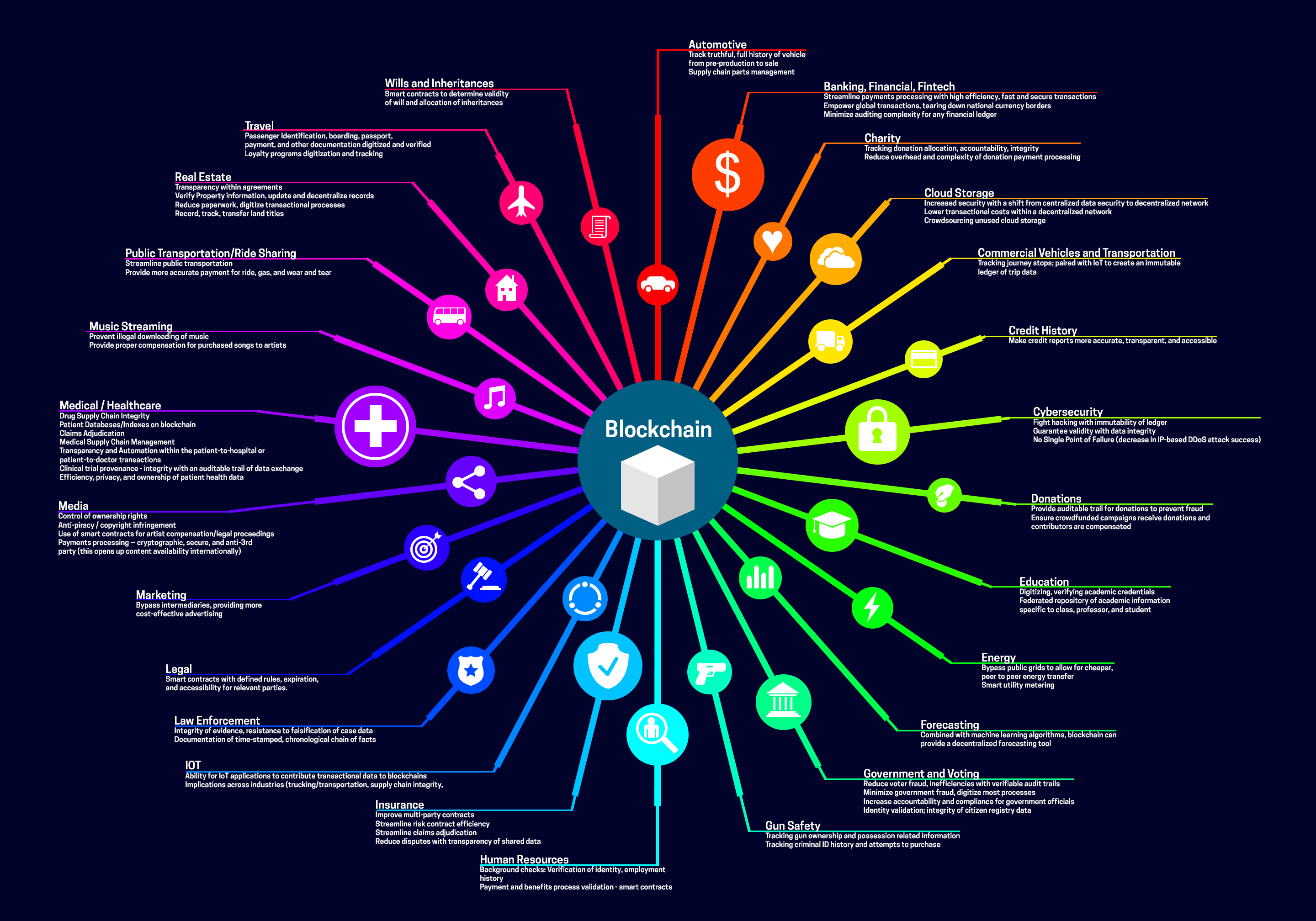
Fintech and Payments Apps
- Blockchain can securely handle peer-to-peer payments, cryptocurrency transactions, and cross-border remittances with minimal transaction fees and high security.
- Smart contracts enable secure and automated financial agreements, such as loans, insurance, and decentralized finance (DeFi) applications.
Healthcare Apps
- Blockchain ensures secure and private storage of patient records, enabling authorized data sharing between healthcare providers while maintaining privacy.
- It can also be used for securing clinical trial data, medical supply chains, and insurance claims processing.
Supply Chain Management Apps
- Blockchain ensures that data related to product sourcing, manufacturing, and distribution is transparent and immutable.
- It enables secure tracking of goods, ensuring data integrity and preventing fraud in global supply chains.
Social Media and Messaging Apps
- Blockchain provides decentralized identity verification, ensuring that user data is not controlled by a single entity and that privacy is maintained.
- Encrypted messaging apps can use blockchain to secure communication, ensuring that only intended recipients can access messages.
Gaming and NFTs
- Blockchain can secure in-app purchases, digital assets, and NFTs by providing verifiable ownership and tamper-proof transaction records.
- Smart contracts allow users to trade or sell in-game assets securely.
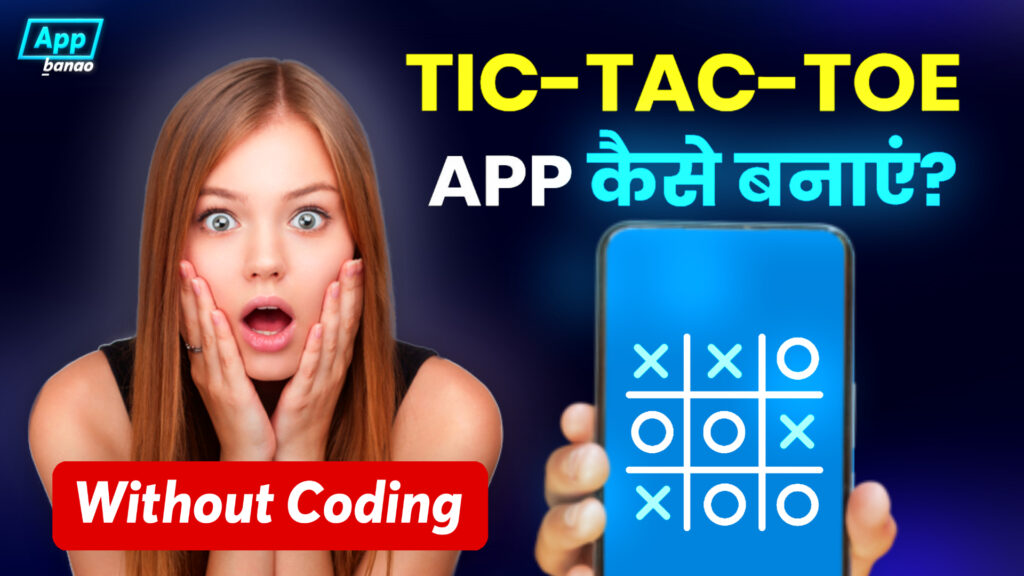

Challenges of Integrating Blockchain for App Security
While blockchain technology offers numerous advantages for enhancing app security, it is not without challenges:
Scalability: Current blockchain networks, particularly public blockchains, face scalability issues due to their distributed nature. Processing transactions across a large number of nodes can lead to slower transaction speeds.
Energy Consumption: Some blockchain protocols, such as Bitcoin’s proof-of-work (PoW), consume large amounts of energy, making them less environmentally friendly. However, newer consensus mechanisms like proof-of-stake (PoS) are addressing this issue.
Complexity: Developing a blockchain-based mobile app can be more complex than using traditional centralized systems. Developers need expertise in cryptography, distributed systems, and blockchain protocols.
Regulatory and Legal Considerations: The legal and regulatory framework around blockchain technology is still evolving, which can introduce uncertainties when developing apps that handle sensitive user data or financial transactions.
Conclusion
Blockchain technology offers a powerful solution to many of the security challenges faced by modern mobile apps. Its decentralized, transparent, and immutable nature provides enhanced data integrity, privacy, and protection against cyber threats. By eliminating single points of failure, securing transactions with smart contracts, and improving authentication mechanisms, blockchain can significantly elevate the security standards of mobile applications.
However, blockchain is not a one-size-fits-all solution. Developers must carefully evaluate the specific needs of their app, considering scalability, complexity, and regulatory requirements when deciding whether to integrate blockchain into their security framework. As blockchain technology continues to evolve, its role in enhancing app security is likely to become even more prominent, helping to protect user data and build trust in the digital ecosystem.
Tips for Reducing App Load Time and Memory Usage
- October 17, 2024
- Com 0
In today’s fast-paced digital world, users expect mobile apps to perform flawlessly, load quickly, and run efficiently. An app that…
Strategies to Reduce App Abandonment and Increase Retention
- October 17, 2024
- Com 0
In the highly competitive app marketplace, user retention is one of the most important metrics for measuring success. While acquiring…
Fintech App Development: Ensuring Compliance and Security
- October 16, 2024
- Com 0
The rapid growth of fintech (financial technology) apps has revolutionized the financial services industry. From mobile banking and digital wallets…
The Future of Mobile Apps in the Travel and Tourism Industry
- October 15, 2024
- Com 0
The travel and tourism industry has undergone a significant transformation in recent years, driven largely by advancements in technology. Mobile…
What Every Developer Should Know About Securing API Endpoints
- October 13, 2024
- Com 0
APIs (Application Programming Interfaces) play a critical role in modern application development, enabling communication between client applications and backend services.…
Integrating Cloud Services into Your Mobile App
- October 12, 2024
- Com 0
Cloud services have revolutionized the way modern mobile apps are developed, deployed, and maintained. Integrating cloud services into your mobile…

